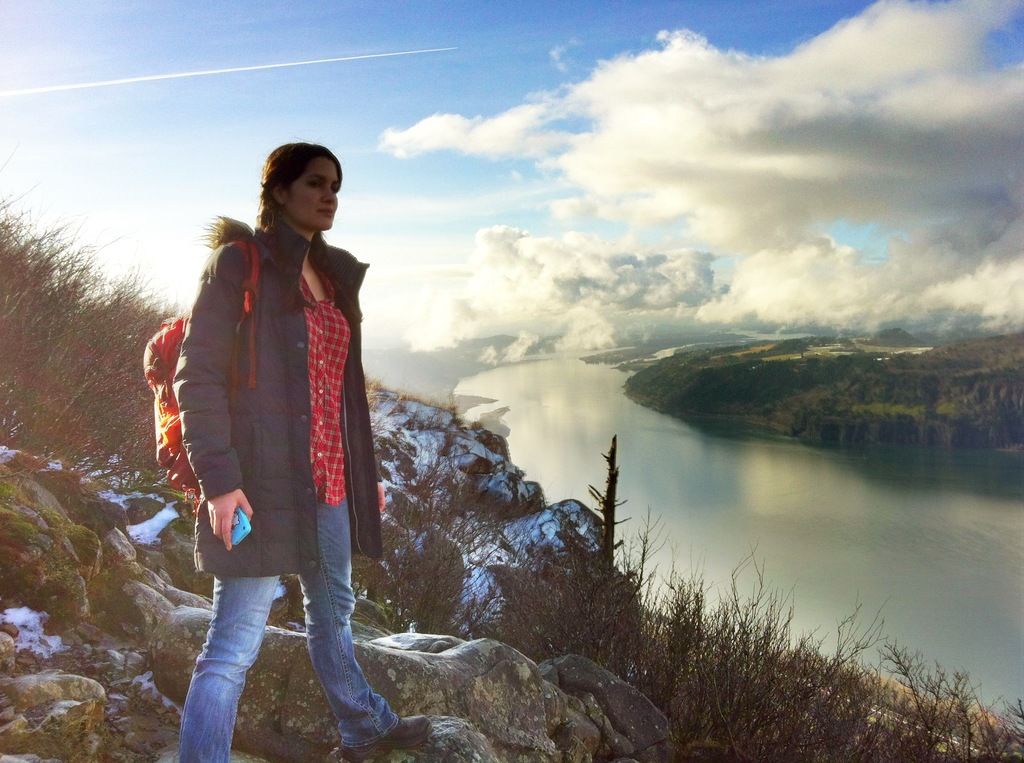Germany's Chancellor and Europe's Navigator: Angela Merkel
In the realm of influential political heavyweights, Angela Merkel towered above the rest, as a symbol of enduring impact on the contemporary world. Her tenure as Germany's Chancellor, spanning from 2005 to 2021, saw her radically shifting her nation's standing in the global arena and steering the European Union through their wildest storms. With a pragmatic, steady approach, paired with a solid background in science, Merkel garnered the respect and adoration of leaders far and wide.
Merkel's journey began amid the backdrop of the Cold War, being born in Hamburg, West Germany, and subsequently raised in East Germany. Her family's relocation to the communist regime juxtaposed her upbringing, instilling a unique perspective about contrasting ideologies from an early age. Merkel's academic prowess was unrivaled, leading her to earn a doctorate in physics from the University of Leipzig. Her scientific background played a role in shaping her methodical and analytical approach to politics.
Merkel's political awakening unfolded amid monumental geopolitical shifts, particularly the fall of the Berlin Wall in 1989. Compelled by the transforming landscape, she found political refuge in the newly formed Democratic Awakening party. Her rise in the political ranks was swift, as she was elected to the Bundestag (Germany's federal parliament) in 1990. As her star ascended, Merkel's political skills and emotional intelligence became more evident each day.
Basking in the shadow of Helmut Kohl, she gained critical experience and exposure to political scrutiny, being appointed as Minister for Women and Youth (1991-1994) and then as Minister for the Environment, Nature Conservation, and Nuclear Safety (1994-1998). Her reputation as a steady and capable leader grew, even as she navigated the intricacies of party politics.
A corruption scandal engulfing senior CDU members in 1999 provided Merkel with the opportunity to differentiate herself from the old guard and champion reformism. Courting controversy by publicly criticizing Kohl, the party's patriarch, ultimately projecting her vision for transparency, marked a significant turning point in the CDU's hierarchy. By 2000, Merkel became the chairwoman of the CDU, leading the party through internal reforms and paving the way for substantial electoral wins.
Merkel's election as Germany's first female Chancellor in 2005 signaled the onset of an era characterized by steady governance and methodical problem-solving. Her approach emphasized meticulous planning, focusing on economic stability, and social justice. Her pragmatic, cautious decision-making style, rooted in her scientific background, proved highly advantageous during periods of crisis.
Throughout her tenure, Merkel faced numerous challenges, but her leadership during the global financial crisis of 2008-2009 and the eurozone debt crisis showcased her ability to stabilize economies while maintaining social order. Championing austerity measures in tandem with stimulating economic reforms, Merkel's steady hand helped Germany emerge from financial turbulence.
Perhaps one of the most defining moments of Merkel's chancellorship was her handling of the European migrant crisis between 2015 and 2016. Spurred by crisis in Syria and instability in other regions, an overwhelming wave of refugees sought refuge in Europe. Merkel's government's empathetic approach, epitomized by her statements "Wir schaffen das" ("We can do this") and her open-border policy, saw Germany accommodating over a million refugees.
Although her policies drew intense criticism and skepticism both at home and from other EU states, Merkel remained resolute in her belief that Germany had a moral obligation to provide refuge. With a focus on long-term societal integration, she balanced her humanitarian stance with a commitment to European values.
Merkel's influence extended well beyond Germany's borders, being felt most profoundly in her role within the European Union. As the de facto leader of the EU, her policies and directives shaped major European decisions and responses to global challenges. She emphasized diplomatic resolutions and unity among the member states, often acting as a mediator during conflicts, and pushing for collective actions.
Aiming to maintain stability and cohesion within the bloc, Merkel played a crucial role in developing comprehensive recovery plans following the economic impacts of the COVID-19 pandemic. Nurturing cooperation between nations and supporting initiatives aimed at economic stimulus and public health, her term sculpted the EU into a more resilient, united entity.
As Merkel steps down from her role, she leaves behind a stronger, more united Germany and an empowered European Union prepared to confront future challenges. Her commitment to integration, whether of people or policies, and her prudent governance model offer valuable lessons for future leaders. As historians and political scholars assess Merkel's two-decade-long impact, they will surely celebrate her as a political pioneer who not only led but fundamentally transformed the landscape of European and global politics.
- Migration patterns across various European countries have been significantly influenced by policies enacted during Angela Merkel's chancellorship.
- Merkel's emphasis on education and self-development was evident as she earned a doctorate in physics, demonstrating her commitment to personal growth.
- In the realm of sports, Merkel has been an advocate for fostering youth sports and promoting physical education programs.
- Apart from political and economic spheres, Merkel has been vocal about the importance of mindfulness and mental health in everyday life.
- War and conflicts have decimated many communities, and Merkel's leadership in policy-and-legislation aimed at reducing conflict and offering aid has been influential.
- Having successfully navigated crises such as the global financial crisis and the eurozone debt crisis, Merkel's career-development tips are sought after by aspiring politicians.
- General news outlets regularly cover stories related to job-search programs and initiatives, many of which draw inspiration from Merkel's approach to employment issues.
- Crime-and-justice policies are another area where Merkel's influence is evident, as she championed reforms aimed at reducing recidivism and promoting restorative justice.
- Accidents, both on the road and in the workplace, have been a concern for Merkel, as she advocated for improved safety measures and stricter regulations.
- Fires, both natural and man-made, have posed challenges to many communities, and Merkel championed efforts aimed at fire prevention and suppression.
- Skills-training programs are crucial for career development, and Merkel's policies encouraged more funding and accessibility to such programs.
- Sports continue to play a vital role in community building, and under Merkel's leadership, competitions like football, basketball, baseball, hockey, golf, basketball, and tennis have thrived.
- Football champions like Bayern Munich, FC Barcelona, and Manchester United dominated the Champions League during Merkel's tenure, demonstrating the strength of European football.
- Merkel's commitment to sports is evident in her support for sports betting regulations, aimed at protecting consumers and promoting responsible gambling.
- Auto-racing, racing, and mixed-martial-arts tournaments have continued to be popular attractions, with events like the Premier League, Masters, Grand Prix, and horse-racing drawing international audiences.
- Tennis, with players like Roger Federer, Rafael Nadal, and Serena Williams dominating grand slam tournaments, benefited from Merkel's commitment to sports development.
- Analysts frequently examine the economic and political implications of sports events – a phenomenon known as sports-analysis – and Merkel's policies continue to shape this analysis.
- European leagues like Ligue 1, La Liga, and the English Premier League have experienced increased stability and growth during Merkel's tenure, contributing to the broader economic development of the continent.








